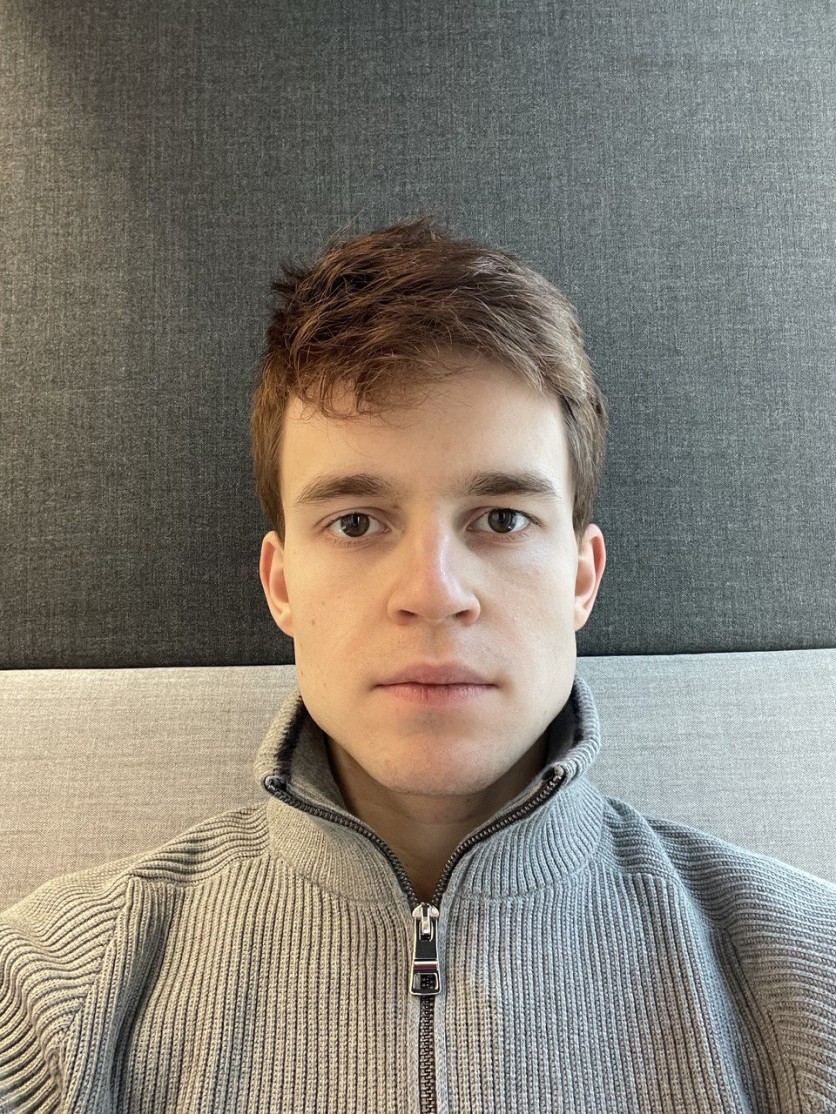
AI engineer Timofei Vasilevskii is building the foundation for agentic AI in one of the hardest industries to get right: insurance.
At just 22, he's leading core architecture at Strala, a startup using autonomous AI agents that can read documents and retrieve data, make sense of that data, escalate edge cases, and trigger claims decisions. It's a high-stakes test for AI systems, and an unusual role for someone so early in their career.
But Timofei's path has never been typical. Before he was designing agentic systems at the edge of enterprise AI, he was competing at the highest levels of international STEM.
He earned medals in international math and physics olympiads before publishing machine learning research while still in high school. He studied computer science at a top Russian university, trained at the Yandex School of Data Analysis, and held engineering roles in finance and developer tools before becoming Strala's first technical hire.
Now, he's helping tackle the inefficiencies of insurance claims through automated and autonomous AI systems by building, designing, and deploying frontier AI methods into real-world workflows.
Here's a closer look.
Modernizing Insurance Claims from the Ground Up
Insurance claims pass through many disconnected channels, like PDFs, call transcripts, emails, and handwritten forms. These all contain fragments of information that need to be gathered and understood in order for the claim to be processed correctly, which can take a long time and cost a lot of money while leaving customers in the dark about the details.
Timofei is designing Strala's systems to streamline this complex process: "We're building a system where AI agents autonomously coordinate, process, and adapt these workflows, turning what used to take days or weeks into something that's near real-time and scalable."
Agentic AI can take action across multiple steps, not just respond to single commands. These agents plan, decide, and carry out tasks with minimal instruction, acting more like collaborators than tools.
Strala's platform can understand and manage the entire workflow, directing actions independently while adjusting as new information appears. The agent can review a claim with incomplete documents, request additional information, escalate unclear cases to human claims agents, and then finalize the decision, all without manual intervention.
"Traditional AI often operates on a request/response basis: give it a prompt, get an answer," Timofei explains. "Strala's platform builds agents that conduct systems, manage tasks end-to-end, and collaborate with humans when needed. It's closer to having a capable teammate than a passive tool."
Building the Data Backbone for Autonomous Claims Processing
For agentic systems to work in real-world settings, they need structure. Strala's agents depend on clean, organized access to information pulled from unstructured sources.
To support the agentic AI system that manages claims, Timofei built a data platform designed to organize the wide range of information most insurance claims generate. The system converts scanned documents, voice transcripts, images, and other inputs into a consistent format that the software can reliably use throughout the process.
"It bridges messy, real-world insurance inputs with the reasoning capabilities of modern AI," says Timofei. "This platform became the foundation for almost everything else we build."
One of Strala's key features is its memory system. Insurance claims can evolve over weeks and often involve multiple steps, so the system tracks progress and retains context, allowing agents to manage ongoing workflows with the latest and most relevant information. It also connects with external software and APIs, giving agents the ability to request missing documents, escalate complex cases to human reviewers, and update claim statuses within the tools insurance teams already use.
Beyond leading the design and engineering of the agentic data platform, Timofei shapes product strategy and engineering culture: "Every day is different, but consistently high-leverage. It's a mix of deep tech and high-level ownership."
That can mean writing infrastructure code one day, refining how agents interact with real-world APIs the next, and sitting in on interviews or roadmap reviews in between. His role is as involved in systems thinking as it is in day-to-day product decisions.
Taking on this kind of ownership at an early stage is unusual because building AI infrastructure at this level involves making technical choices that can influence the direction of the entire company. For Timofei, that means every day brings new challenges and opportunities to shape how Strala evolves.
A Young Voice in a High-Stakes Space
Timofei Vasilevskii approaches his work unencumbered by old industry habits. "My age gives me a fresh perspective," he says. "I'm not limited by legacy assumptions about how things 'should' be done."
That readiness to challenge established practices also brings a responsibility to go beyond shipping new features. "Observing the inefficiencies of the current industry standard processes is what makes me think that we're building a game-changing technology," he concludes.
That mindset continues to shape how he builds systems that work in real-world conditions. For him, the goal is straightforward: solve the real problems that tend to slow down insurance claims.
With clear thinking and a willingness to try different approaches, he's ready to help drive insurance AI forward.
ⓒ 2025 TECHTIMES.com All rights reserved. Do not reproduce without permission.




